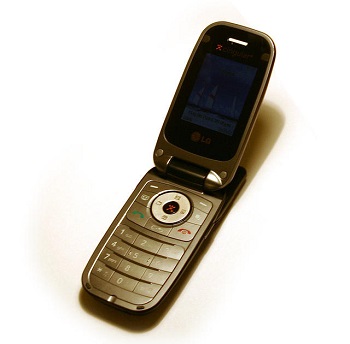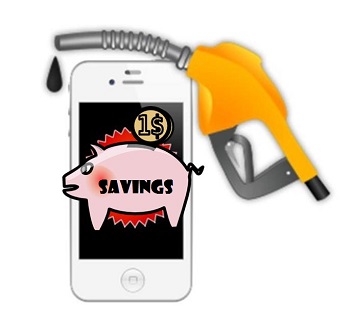In California, if a law should pass, it would mean people would need identification to legally buy a prepaid cellular phone.
A new bill has been put forward by House Representative Jackie Speier (D-San Francisco/San Mateo), that will require that proper identification be presented to retailers before they will be able to legally sell a burner phone – also known as a prepaid cell phone – to a consumer.
The bill has been named the “Closing the Pre-Paid Mobile Device Security Gap Act of 2016”.
The purpose of this burner phone bill is to “close one of the most significant gaps in our ability to track and prevent acts of terror, drug trafficking, and modern-day slavery,” said Speier. These prepaid devices are used by many different people throughout the country without any problem or ill intentions. However, they have also become a central method of communication among those who would do a great deal of harm such as in the case of terrorism, and drug and human trafficking.
If the regulation should become a law, identification would need to be presented when buying a burner phone.
 Retailers selling these prepaid mobile devices or SIM cards would be required to ask a consumer to present the following before a sale can be made:
Retailers selling these prepaid mobile devices or SIM cards would be required to ask a consumer to present the following before a sale can be made:
• The purchaser’s full name
• The full home address of the consumer
• The buyer’s date of birth
The bill also specifies the types of identification that would be considered acceptable for purchasing these mobile devices and SIM cards. T hey include a Federal or State identification card, a W–2 Wage and Tax Statement, a Form 1099 from the Social Security Administration or other government agency or any other type of documentation that would be considered appropriate by the Attorney General.
The retailers selling the burner phone and/or SIM card must record the information that has been presented, along with the information specific to that mobile device. The hope is to be able to reduce the chances for anonymously owning a cell phone that can be used for dubious purposes and to make it more possible to track down the owner of a device that was evidence in a criminal case.
Though many people plug their mobile devices into their cars, they may be burning more gas than they know.
Many people have shrugged off the need for a portable charger due to the fact that they have an adaptor or a USB port that allows them to simply plug their devices into their vehicles so they can charge them up during their daily commutes and any other trips they need to make.
However, that technique may be more costly and may have a far greater impact on the environment than expected.
It has recently been pointed out in a number of reports that driving while talking on a cell phone isn’t the only harmful thing that these devices can do when they are used in vehicles. Even when the driver isn’t actively using them, if a smartphone is plugged into a car and is charging, instead of using a portable charger, it actually reduces the mileage of the vehicle in a measurable way. How much? According to a retired General Motors Co. engineering exec who studies power usage in vehicles, Jon Bereisa, people charging their smartphones in their cars are slashing their fuel efficiency by 0.03 miles per gallon of gasoline.
A portable charger is now seen as the best tool to avoid this harm to the environment and a driver’s wallet.
 When considering the number of vehicles and smartphones across the United States, Bereisa’s calculations show that charging using a car instead of an external battery pack could actually send an additional 970,000 tons of global warming-boosting carbon dioxide into the air.
When considering the number of vehicles and smartphones across the United States, Bereisa’s calculations show that charging using a car instead of an external battery pack could actually send an additional 970,000 tons of global warming-boosting carbon dioxide into the air.
That said, according to Delphi Automotive Plc vice president of engineering and program management, Mary Gustanski, “Do I think we’re at peak USB? No.” She added that “We’ll get more and more creative to not only allow you to connect with USB but also to connect wireless. Consumers want their car to be just like their home.”
While mobile technology may be evolving so that it will one day offer a solution that won’t have nearly as much of a negative impact on fuel consumption, until that day has come, a portable that fits easily in a pocket, handbag or glove compartment might be the ideal solution for fuel economy-conscious drivers who care about the environment and who are hoping to spend as little as possible at the pumps.
 Retailers selling these prepaid mobile devices or SIM cards would be required to ask a consumer to present the following before a sale can be made:
Retailers selling these prepaid mobile devices or SIM cards would be required to ask a consumer to present the following before a sale can be made:
 When considering the number of vehicles and smartphones across the United States, Bereisa’s calculations show that charging using a car instead of an
When considering the number of vehicles and smartphones across the United States, Bereisa’s calculations show that charging using a car instead of an 